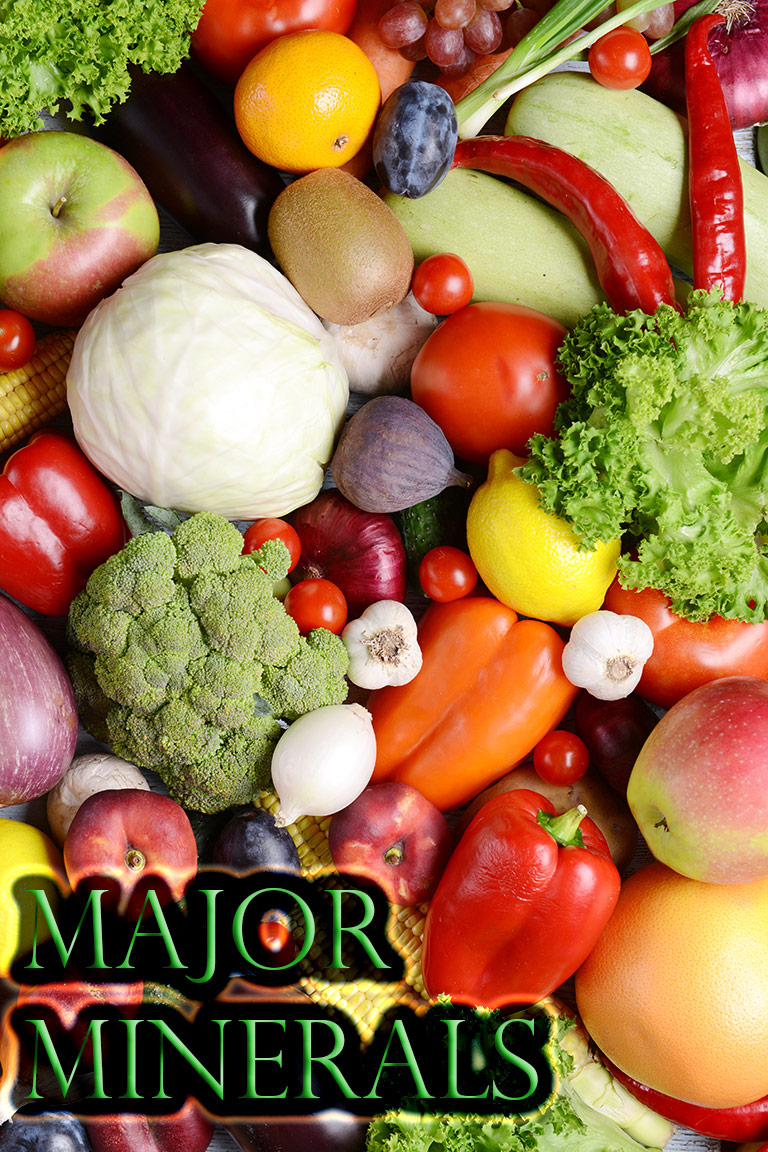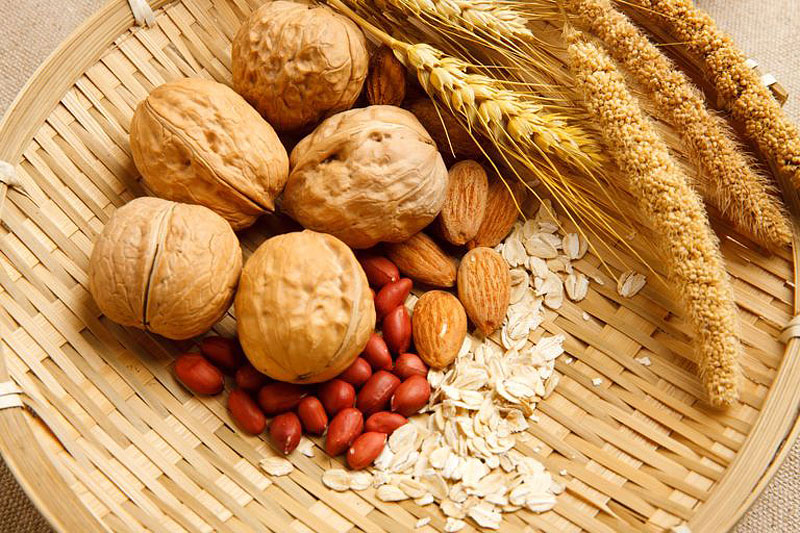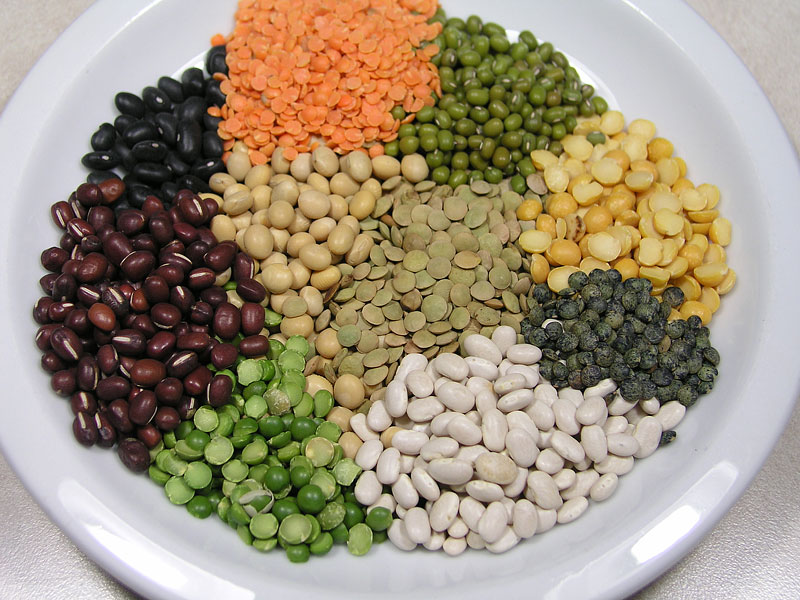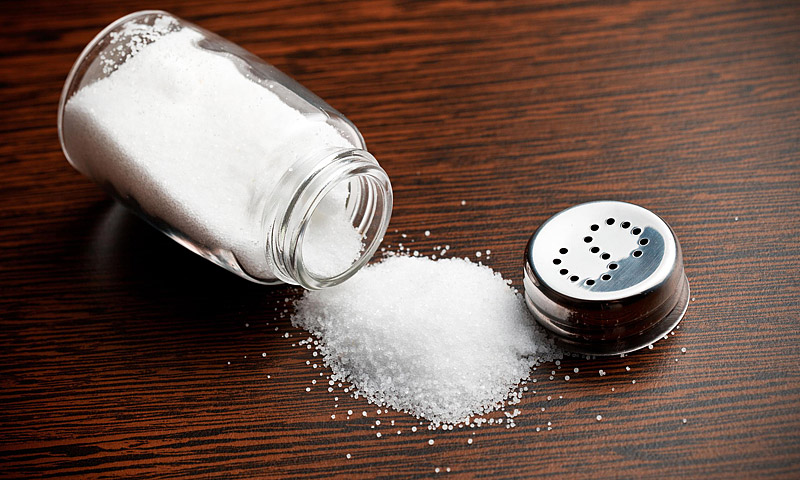
What Are the Major Minerals?
The major minerals are the six dietary minerals your body needs in the largest amounts. They’re necessary for many processes in your body, especially fluid balance, maintenance of bones and teeth, muscle contractions, and nervous system function.
As long as you eat a healthy balanced diet you should be getting enough of these essential nutrients, but they’re also available as dietary supplements. Here’s a look at the major minerals, what they do and which foods you need to eat to get them into your diet.
1. Calcium

It’s probably best known for preventing osteoporosis, but calcium is necessary for much more than strong bones and teeth. Your body also needs calcium for blood clotting and normal nerve and muscle function.
Calcium is found in dairy products, such as milk, cheese and yogurt. But it’s also found in nuts, green leafy vegetables and fortified foods like breakfast cereal and cow’s milk alternatives.
2. Chloride

Chloride is a major mineral your body needs to make gastric juices. Chloride is found alongside sodium in the fluid surrounding the cells so they work together to help keep your body fluids in balance.
Chloride is found in table salt (sodium chloride) and many vegetables, including celery and tomatoes.
3. Magnesium

Magnesium is necessary for many biochemical functions that control many functions, including proper muscle and nerve function, blood sugar control, and regulation of blood pressure. It’s also essential for maintaining healthy strong bones.
Magnesium is found primarily in nuts, seeds, whole grains, legumes and dark green vegetables. It’s also found in yogurt, salmon, fortified breakfast cereal, bananas, and potatoes.
4. Phosphorus

Phosphorus is important for bone growth and normal cell membrane function. Phosphorus works along with B-complex vitamins to convert the foods you eat into energy.
Phosphorus is found in foods that are high in protein such as meats, nuts, seeds and legumes. Deficiency is rare and typically only happens with extreme malnutrition.
5. Potassium

Potassium is needed for normal nervous system function and muscle contraction. It’s found in the fluid inside the cells so it’s essential for normal fluid balance in your body. Potassium can also counteract the impact of sodium on your blood pressure.
A healthy balanced diet should provide all the potassium you need — it’s found primarily in fruits and vegetables, as well as in legumes, milk, nuts and meats.
6. Sodium

Sodium works with chloride to maintain fluid balance outside the cells. Sodium intake is important for regulating blood pressure, but consuming too much sodium may elevate blood pressure in some people.
Sodium deficiency is rare — getting too much sodium is a much more widespread problem. Sodium is found along with chloride in table salt and it’s naturally found in small amounts in a variety of foods. But, most sodium comes from processed foods that contain salt or preservatives made with sodium.




Leave a Reply